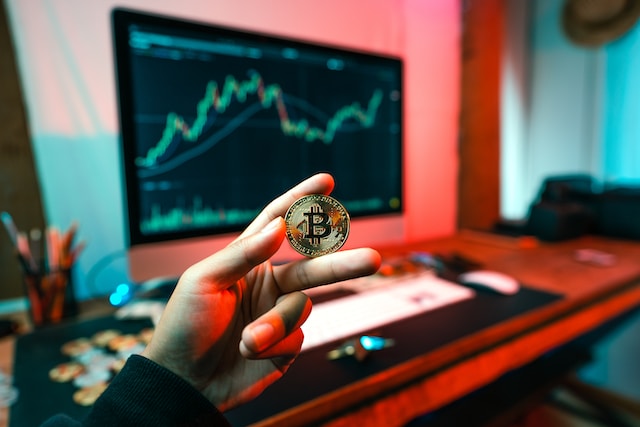Is Cryptocurrency Legal in the Philippines?
The legality of cryptocurrencies in the Philippines is a topic of great interest. The simple answer is yes, cryptocurrencies such as Bitcoin, Etherium, Litecoin, Dogecoin, Tether, Cardano, USDT, XRP, and Monero are legal in the Philippines. However, the country has implemented regulations and guidelines to govern its use and exchange.
What Are the Laws, Penalties, and Law Enforcement Strategies Related to Cryptocurrency in the Philippines?
The main body regulating cryptocurrencies in the Philippines is the Bangko Sentral ng Pilipinas (BSP). They have issued guidelines in the form of Circular No. 944, which mandates that all cryptocurrency exchanges must be registered with the BSP. These exchanges are also subject to annual service fees, reporting requirements, and minimum capital requirements.
Failure to comply with these regulations may result in penalties including fines and imprisonment. The law enforcement agencies, including the National Bureau of Investigation and the Philippine National Police, have been actively monitoring cryptocurrency activities to prevent and detect illegal activities.
What Are the Current Cryptocurrency Regulations in the Philippines?
The BSP has implemented several regulations to control the use of cryptocurrencies. These include:
- Registration of all cryptocurrency exchanges with the BSP
- Implementation of adequate risk management systems
- Mandatory reporting of transactions exceeding PHP 500,000
- Compliance with the Anti-Money Laundering Act and the Terrorism Financing Prevention and Suppression Act
Which Cryptocurrencies Are Most Popular in the Philippines?
The most popular cryptocurrencies in the Philippines are Bitcoin, Etherium, and Litecoin. These are followed by other digital currencies such as Dogecoin, Tether, Cardano, USDT, XRP, and Monero.
Is Cryptocurrency Trading Legal in the Philippines?
Yes, cryptocurrency trading is legal in the Philippines, provided it is done through a BSP-registered exchange. However, the BSP has repeatedly warned the public about the risks associated with cryptocurrency trading.
Is Cryptocurrency Gambling Legal in the Philippines?
While cryptocurrency itself is legal in the Philippines, its use in online gambling is not explicitly addressed in the current laws. The legality of cryptocurrency gambling depends on the legality of online gambling itself, which is regulated by the Philippine Amusement and Gaming Corporation (PAGCOR).
What Government Laws and Resources Are Available Regarding Cryptocurrency in the Philippines?
The government provides several resources to educate the public about cryptocurrencies and their legal implications. These include:
- The BSP’s website, which provides information about the registration and regulation of cryptocurrency exchanges.
- The Securities and Exchange Commission’s (SEC) advisories about initial coin offerings (ICOs) and other cryptocurrency investments.
- The National Privacy Commission’s (NPC) guidelines on data privacy and security in cryptocurrency transactions.
Overall, while the use and exchange of cryptocurrencies are legal in the Philippines, they are subject to several regulations and guidelines designed to protect the public and prevent illegal activities.
